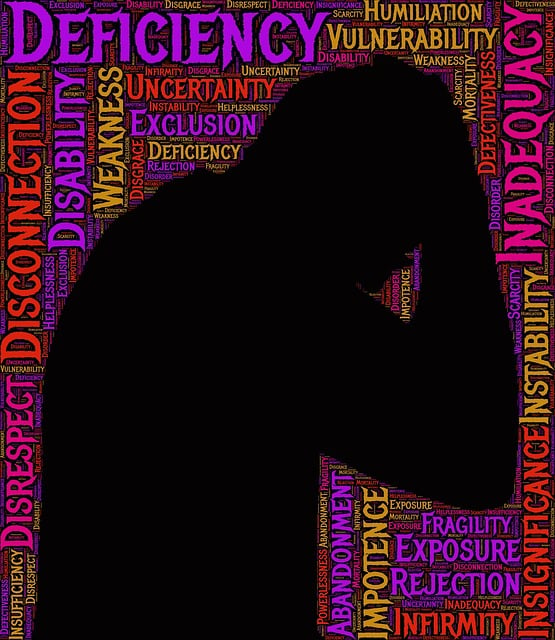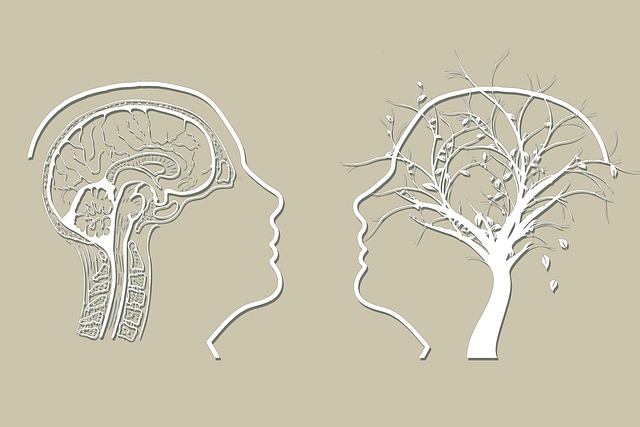TL;DR: Mental health professionals treating bipolar disorder in children must prioritize early recognition and comprehensive risk assessment. Therapeutic approaches like Social Skills Training and Emotional Healing Processes, integrated with Emotional Well-being Promotion Techniques, help manage symptoms, improve academic performance, and enhance overall well-being. Key strategies include detailed assessment, tailored interventions, community outreach, and compassion cultivation, focusing on secure environments, open dialogue, and evidence-based practices, all underpinned by 'Therapy for Children Bipolar Disorder' keywords.
Mental health professionals play a crucial role in identifying and managing bipolar disorder in children, but they also face unique risks. This article explores a comprehensive risk assessment framework tailored to therapists treating young individuals with bipolar disorder. We delve into understanding the complexities of the condition, assessing professional vulnerability, and implementing strategies to enhance safety. By examining these aspects, mental health practitioners can effectively navigate the challenges, ensuring optimal therapy outcomes for children struggling with bipolar disorder while prioritizing their well-being.
- Understanding Bipolar Disorder in Children: Identifying Risks and Potential Complications
- Assessing Risk Factors for Mental Health Professionals Treating Bipolar Disorder
- Strategies for Mitigating Risks and Enhancing Safety in Child Therapy Settings
Understanding Bipolar Disorder in Children: Identifying Risks and Potential Complications

Bipolar disorder in children is a complex mental health condition characterized by extreme mood swings, from manic episodes of elevated energy and irritability to depressive periods of sadness and lethargy. Recognizing and understanding this disorder is crucial for mental health professionals as it enables them to identify risks and potential complications early on. Children with bipolar disorder may face challenges in their daily lives, affecting academic performance, social interactions, and overall emotional well-being.
Professionals play a vital role in navigating this landscape by employing therapeutic approaches such as Social Skills Training, which can help children regulate emotions and improve interpersonal relationships. Additionally, fostering Emotional Healing Processes through therapy can mitigate the impact of bipolar disorder on a child’s life. By integrating Emotional Well-being Promotion Techniques into treatment plans, mental health professionals contribute significantly to the holistic development of young individuals affected by this condition, ultimately enhancing their ability to manage symptoms effectively.
Assessing Risk Factors for Mental Health Professionals Treating Bipolar Disorder

Assessing risk factors for mental health professionals treating bipolar disorder is a nuanced and critical aspect of ensuring patient safety. While providing therapy for children with bipolar disorder can be immensely rewarding, it also presents unique challenges. Mental health professionals must conduct thorough risk assessments to identify potential triggers and vulnerabilities within both the patient and their own practice settings. This involves evaluating not only the child’s symptom severity and medication adherence but also the therapist’s experience, cultural competency, and access to support systems.
Social skills training and healthcare provider cultural competency training are essential components of mitigating risks in this context. By enhancing therapists’ ability to navigate complex cultural dynamics and implement evidence-based practices, these training programs contribute to more effective risk management. Regular risk assessments and ongoing professional development empower mental health professionals to provide the best possible care for children with bipolar disorder while minimizing potential harms.
Strategies for Mitigating Risks and Enhancing Safety in Child Therapy Settings

Mental health professionals working with children must implement robust strategies to mitigate risks and enhance safety in their therapy settings, especially when addressing complex conditions like bipolar disorder. A comprehensive risk management planning process is essential, involving detailed assessment and tailored interventions. This includes creating a secure environment that fosters trust and encourages open communication, where children feel comfortable expressing their emotions and thoughts.
Incorporating community outreach program implementations can significantly enhance these efforts. By engaging with local support networks and educational institutions, therapists can create a supportive ecosystem for children with bipolar disorder. Additionally, compassion cultivation practices play a pivotal role in building strong therapeutic alliances, enabling professionals to provide effective care while managing potential risks with empathy and skill.
Mental health professionals play a crucial role in providing therapy for children with bipolar disorder, but they must also navigate associated risks. By understanding the unique challenges and assessing potential complications, therapists can implement effective strategies to mitigate these risks and create safer treatment environments. This holistic approach ensures that both children and professionals are supported, enabling quality care and positive outcomes in the management of bipolar disorder. Through continuous evaluation and adaptation, we can enhance safety and foster resilient therapeutic relationships.











